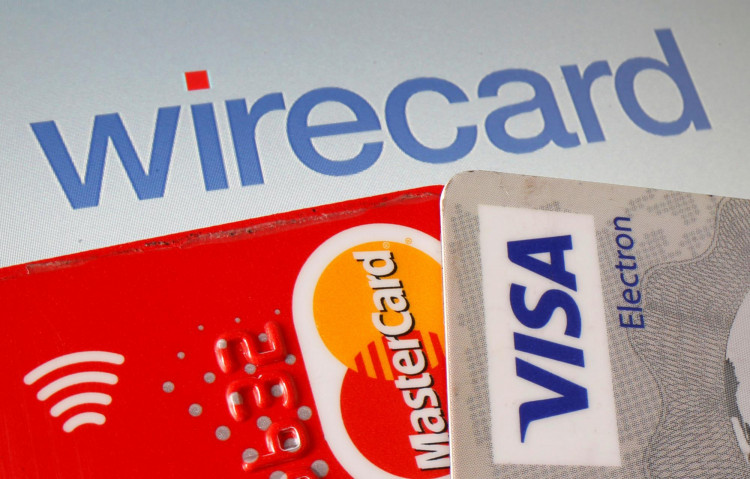Britain's financial watchdog has relaxed restrictions on the UK activities of Wirecard, allowing consumers access to cash frozen in the wake of its parent company's suspected accounting fraud of 1.9 billion euros.
Consumers could not access their accounts since Friday when the Financial Conduct Authority barred Wirecard's Card Services from carrying out any controlled activities or disposing of any funds or assets.
But the FCA disclosed it was lifting some restrictions by Monday evening that would allow the payments processor to conduct electronic cash and payment services.
In a statement, the FCA pointed out that in the last few days, the group has been coordinating closely with Wirecard UK and other authorities "to ensure that Wirecard was able to fulfill certain conditions required to lift the restrictions we imposed on it," Kalyeena Makortoff of The Guardian wrote.
FCA interim chief executive Christopher Woolard told the BBC's Today program that it had implemented very strict requirements on Wirecard's UK subsidiary headquartered in Newcastle, which had knock-on impacts for around 70 payments companies.
According to Woolard, the FCA had spent the last couple of days ensuring that money that belongs to people in the UK was now protected in UK bank accounts with very strict conditions.
The move means that thousands of British clients who had been locked out of financial technology services will be able to access their cash accounts again. The shutdown dealt a heavy blow to several fintech start-ups, including Pockit, Curve, Anna, and Morses Club's U Account. Curve had managed to get around the restrictions by changing the payments processor over the weekend.
The Wall Street Journal reported that Wirecard is also continuing its business operations despite filing for insolvency.
The credit card operator disclosed the decision of whether to open insolvency proceedings is currently being evaluated and a provisional insolvency officer is expected to be appointed soon.
Jes Staley, Barclays chief executive, stated the fintech industry would be subjected to further scrutiny as a result of the Wirecard fraud, and would likely see an exodus of funds as clients moved their money to more tightly regulated bank accounts.
Wirecard plunged into insolvency last week after it revealed a $2.1 billion hole in its balance sheet. Former chief executive officer Markus Braun is currently out on bail after being arrested in Munich.
On Friday the stock fell almost 100 percent for the year. In the two sessions since Friday's drop, shares in the scandal-ridden company have climbed more than four-fold, with over 36 million shares changing hands in each trade -- over 10 times the past year's average.






